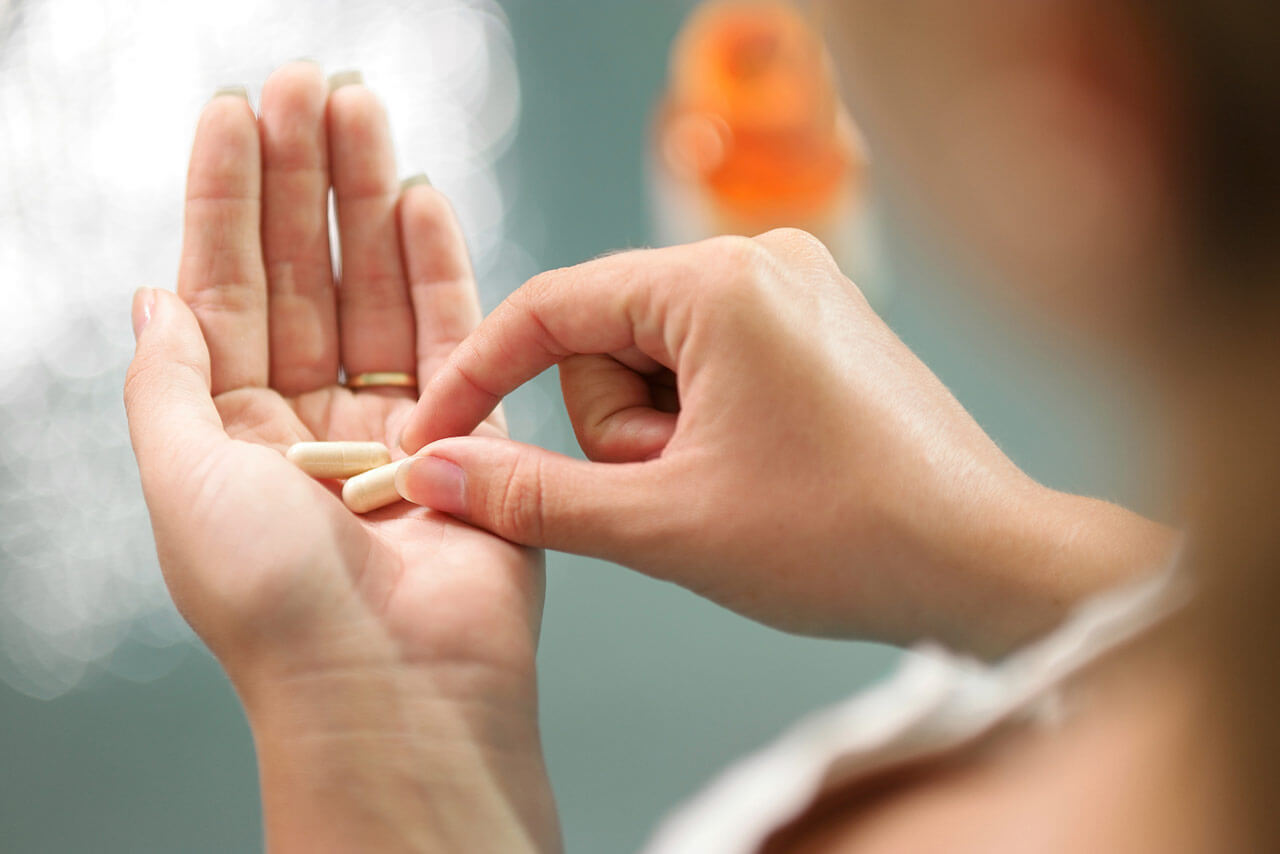For women in their 40s, hormonal changes during this period can lead to deficiencies in essential vitamins and minerals. Therefore, supplementing certain vitamins becomes very important.

1. Why is it necessary to supplement vitamins for women in their 40s?
The human body requires various essential vitamins to maintain optimal functioning. These vitamins include: Vitamins A, C, D, E, and K, along with B vitamins (riboflavin, thiamine, biotin, B12, B6, folate, and pantothenic acid).
At the age of 40, women’s bodies begin to undergo significant changes: muscle mass gradually declines, the risk of weight gain increases, menopause may begin, and there is a higher risk of chronic diseases such as cancer, heart disease, and diabetes. Vitamins play a crucial role in preventing premature aging, bodily weakness, and reducing the risk of certain diseases.
Vitamins can be supplemented through foods like vegetables, fruits, lean proteins, and whole grains. Additionally, considering vitamin supplements may be beneficial.
2. Vitamins to consider before 40
2.1. B Vitamins
Folic Acid
As women reach 40 and still have menstrual cycles, they should supplement with folic acid. Women of childbearing age are recommended to take 400 micrograms (mcg) of folic acid daily to reduce the risk of birth defects during pregnancy.
Moreover, folic acid is crucial for red blood cell formation, DNA repair, and chromosome health. It works alongside vitamins B12 and B6 to control homocysteine levels in the body, as higher homocysteine levels are linked to heart attacks.
Other B Vitamins
At 40, women often find it challenging to maintain weight due to a slowing metabolism. Thus, providing adequate B vitamins such as thiamine, riboflavin, biotin, B12, B6, and niacin is essential to boost metabolism.
Low levels of vitamin B12 can lead to fatigue, muscle weakness, and nausea. However, the ability to absorb vitamin B12 from food decreases with age, making supplementation necessary.
Vitamin B12 is vital for red blood cell production and ensuring brain health, particularly for vegetarians. Adequate vitamin B12 intake helps prevent nerve damage, anemia, and reduces the risk of memory-related diseases.
Foods rich in B vitamins include whole grains, legumes, nuts, meat, eggs, clams, beef liver, salmon, tuna, beef, milk, yogurt, and cheese.
2.2. Vitamin K2
Vitamin K2 is a nutrient that many people lack in their diets. This nutrient plays a crucial role in bone health. Since women are at a higher risk of osteoporosis as they age, supplementing nutrients that promote strong bones is vital.
2.3. Vitamins D and C
Vitamin D is one of the best vitamins for women before the age of 40. This nutrient significantly impacts bone health.
As the risk of osteoporosis increases with age, it is crucial to supplement nutrients that support this important aspect of health for women in their 40s.
Additionally, vitamin C should be supplemented, as it supports healthy skin by promoting collagen synthesis (a necessary protein for the skin).
Experts recommend that women should supplement with at least 75 mg of vitamin C daily. Foods rich in vitamin C include bell peppers, oranges, tangerines, broccoli, and strawberries.
Note: Supplementing with vitamin products should be done under medical guidance to avoid self-supplementation, as excess vitamins can harm health. It is best to obtain vitamins through daily foods.





